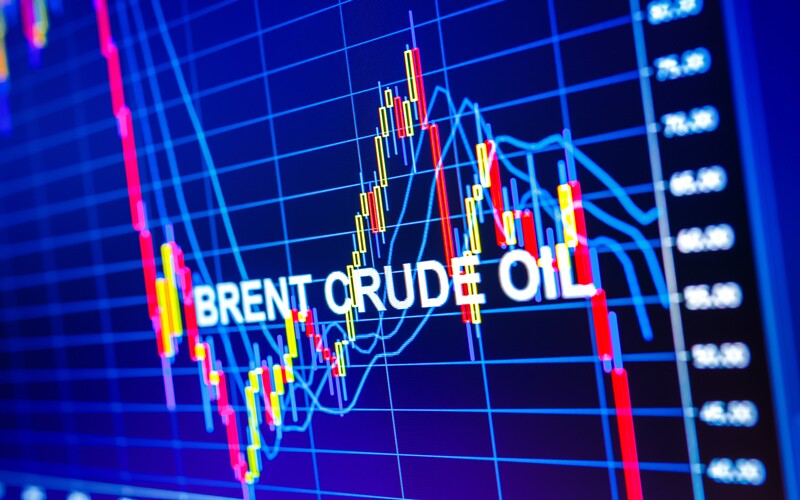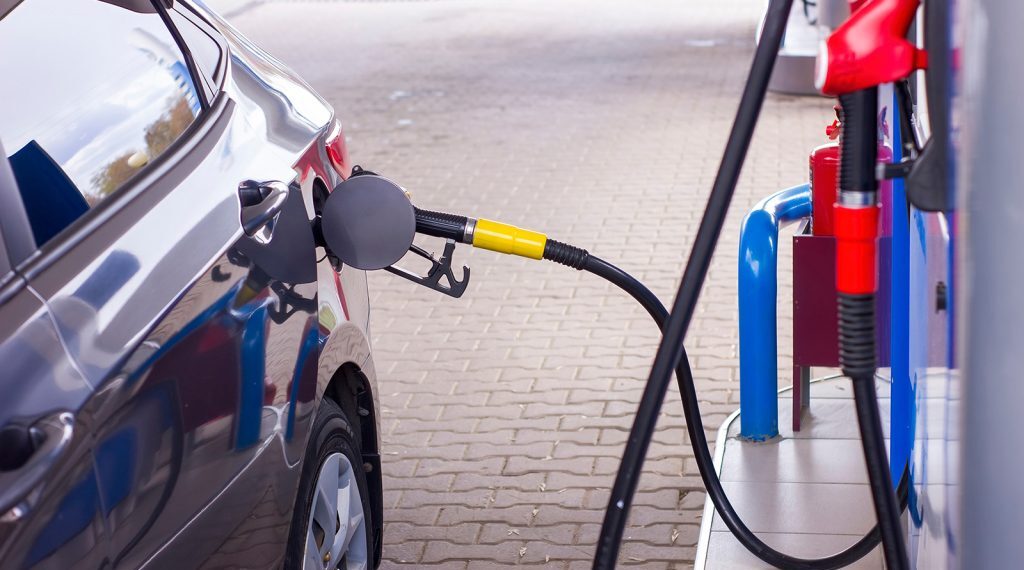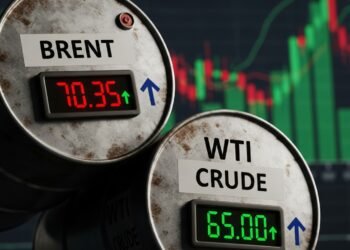Fuel prices in Ghana have gone up once again, with several Oil Marketing Companies (OMCs) announcing adjustments at the pumps this morning.
The increases come nearly two weeks after industry projections signaled a hike in mid-September, a move largely attributed to the continued depreciation of the Ghana cedi against the US dollar.
Market leader Star Oil confirmed the upward adjustment in a social media post, noting that petrol will now sell at GH¢13.17 per litre, up from GH¢12.77 at the start of September. The company, however, maintained the price of diesel at GH¢13.45 per litre.
“Take note of our revised price for Super (RON 91), which reflects the net effect of current world market prices and exchange rates.
“As soon as market conditions improve, we will pass on any benefits to you as usual.”
Star Oil

Other major players in the sector have also followed suit. Shell revised its prices over the weekend, with diesel now retailing at GH¢14.18 per litre, while petrol saw a slight drop from GH¢13.59 earlier this month to GH¢13.44.
Meanwhile, some OMCs say they may hold off on price increases until October 2, citing competition as a factor.
This is consistent with the pattern seen during the second pricing window for September, when many companies delayed adjustments to retain customers.
On September 23, state-backed GOIL became the first to increase prices, raising petrol from GH¢12.99 to GH¢13.38, while diesel went up from GH¢13.90 to GH¢14.20.
The move effectively set the stage for other companies to follow, after most had kept their prices stable for more than a week despite projections of a 6% per litre rise.
Industry watchers note that GOIL’s decision reflected both competitive dynamics and unavoidable cost pressures. Once the second-largest player adjusted prices, others were left with little choice but to align.
Currency Woes Outweigh Falling Global Prices

While global oil prices have eased, Ghana’s domestic market tells a different story. According to data from the Chamber of Oil Marketing Companies (COMAC), global prices of refined petroleum products actually declined over the past two weeks — petrol by 2.52%, diesel by 4.12%, and LPG by 2.69%.
However, the sharp depreciation of the cedi has nullified any potential relief. The local currency weakened from GH¢11.20 to GH¢12.07 against the US dollar during the review period, representing a 7.76% drop.
On a year-to-date basis, the cedi has lost 14.02%, ranking among the steepest global declines according to Bloomberg.
“The decline is primarily due to strong demand for the dollar for imports ahead of the festive season.”
Chamber of Oil Marketing Companies (COMAC)
This means that while the international market has seen prices fall, Ghanaian consumers are paying more as importers of refined products grapple with rising foreign exchange costs.

This situation highlights the vulnerability of Ghana’s economy to currency swings.
The outlook for October remains uncertain. Should the cedi continue to weaken, fuel prices are expected to edge higher despite the relative softness in global crude markets.
On the other hand, if foreign exchange availability improves and the dollar demand subsides after the festive season import rush, there could be room for marginal reductions in domestic pump prices.
For now, consumers are bracing themselves for a possible higher transport and commodity costs in the weeks ahead, as the latest round of price adjustments takes hold across the economy.
With more than 70% of the country’s petroleum products imported, Ghana’s fuel price movements remain closely tied to both international trends and the domestic currency market.
Until structural reforms or long-term solutions such as increased local refining capacity take hold, consumers are likely to remain at the mercy of these twin forces.
READ ALSO: Market Cheers as Ghana’s Treasury Auction Breaks Four-Week Drought with 15.8% Oversubscription






















